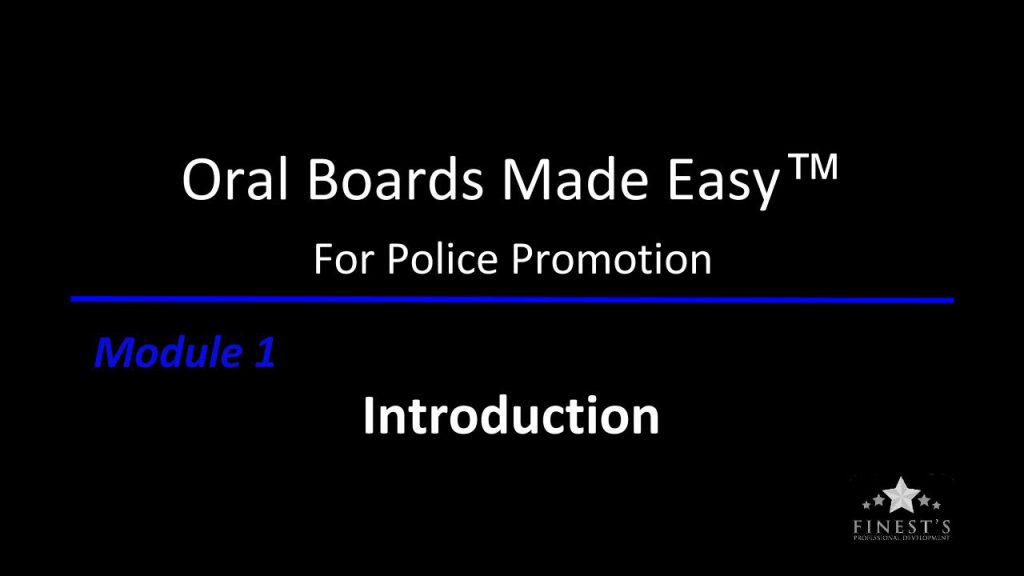Police Accountability Oral Board Question:
"Much has been spoken about police accountability, what does accountability mean to you and how will you assure accountability as a captain?"
The police accountability oral board question has been showing up frequently at captain level oral boards and assessment centers.
This stems from police accountability dominating the public’s attention as a focus of anti-police protests.
Police accountability and transparency became the centerpiece topics of police improvement efforts.
If you are preparing for a police captain oral board – or, for that matter, an oral board for any police supervisor rank – you should be well versed on the topic of police accountability and how it will affect your decisions and behaviors.
“If you are looking for a well designed assessment / oral interview study program this is the one. The program is very reasonably priced, so don’t risk your career watching free videos or just reading articles on line. If you’re serious about getting promoted, invest in your career and use The Oral Boards Made Easy program. It will help you get promoted.”
-Promoted to Lieutenant in Massachusetts
ANSWER TRANSCRIPT:
Police Accountability Oral Board Question
“Moving from lieutenant to captain in this agency, I will be rising from a mid-management position into a position of greater leadership and management responsibility. With this elevation in rank will come an additional level of personnel within my command for which I am responsible. In order for me to be effective in this new role, self-accountability, as well as accountability throughout my command, are critically important.
Before I can emphasize accountability, I must talk about responsibility as one is ingrained in the other. Responsibility represents those tasks and behaviors that are directly or indirectly assigned to each of us. Accountability is ownership and verification of the appropriate execution of those tasks and behaviors.
In preparation for promotion to captain, I have already reviewed my written job description and I am well aware that it calls upon me to assist in the administration and supervision of the police department by directing, managing, supervising and coordinating physical resources and personnel. While these are the generalized written expectations for my rank, I will have other more specific responsibilities based on the division to which I am assigned, so I will familiarize myself with those as well. Lastly, I will meet with the deputy chief to whom I am assigned to determine what other written and unwritten expectations are held for me in my new role. This will provide me with a clear list for which I will seek to be self-accountable as well as held accountable by those above, below, and lateral to me in the chain of command.
Once my responsibilities are clarified, I will then meet with the lieutenants that report to me to discuss the written responsibilities that are held for them as well as any additional expectations that are relevant to their function. Through conversation I will receive their input on the challenges and opportunities that exist for them as they strive to meet their responsibilities. This communication will allow us to develop a mutually understood list of responsibilities based on both their rank and their job function. I will reinforce in them the need to be self-accountable to those responsibilities while I establish the expectation that I will also be holding them accountable to meeting these responsibilities. The lieutenants will be encouraged to have similar meetings with their sergeants to foster increased responsibility and accountability
With that groundwork established, structured and informal work evaluations will follow. The structured evaluations would be in the form of weekly or monthly reports on activities and outcomes. The informal will be random interactions with personnel at all ranks within my command to assure that performance, morale, and commitment to the mission all remain high. Through both perceived and actual accountability, the expectation that high performance is both appreciated and recognized can be applied as a positive motivator.
That is how I understand accountability and how I believe I can positively use accountability for the best interest of my personnel and the organization as a whole.”








